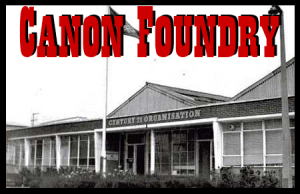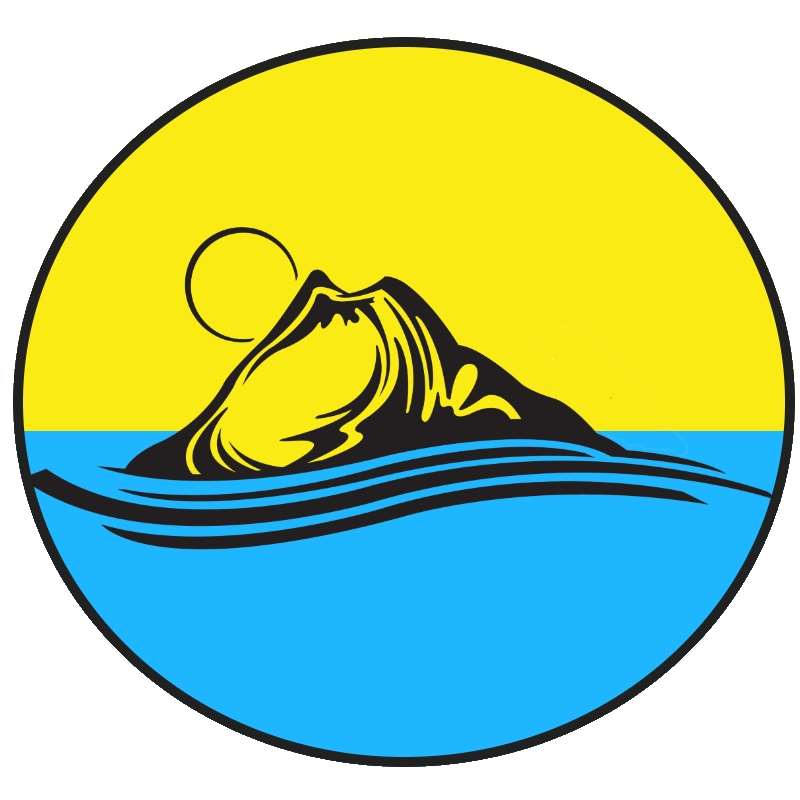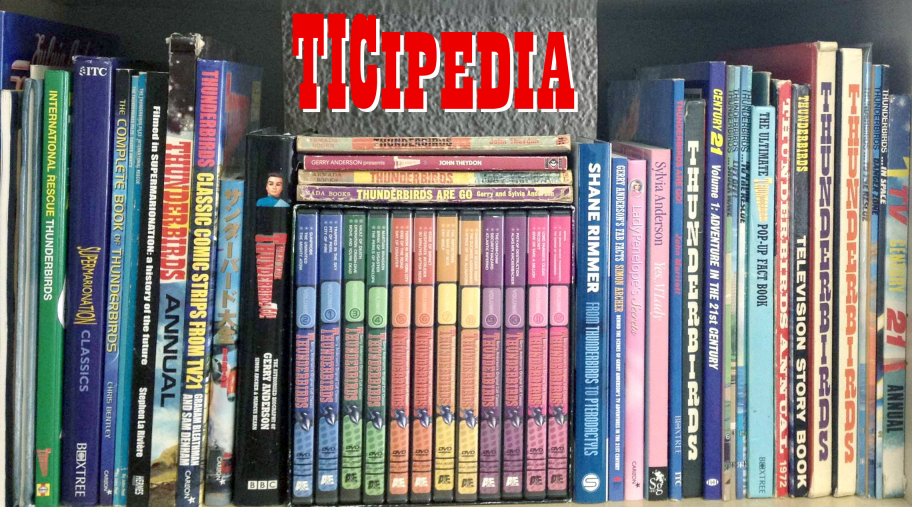The Canon Foundry

What in the world is a canon foundry?
The Thunderbirds Canon Foundry is the brainchild of Pen (quiller), with input from Jaimi-Sam and the Librarian, as well as other contributors who are cited where applicable.
From Pen:
Some TV shows suffer from lack of canon background material. With Thunderbirds the problem is that we have too much – half of which conflicts with the other half. Published sources include not only the television series itself, but also the TV21 comics, associated annuals and novels of the 1960s, and a host of reference books written over the decades since. We also have nearly 30 years of ‘fanon’ going back to the fanzines of the 1980s, as well as all the fan fiction that has been published online.
So as a solution, we have created the ‘canon foundry’ – where canon can be found. Unlike some sites that produce a straightforward profile of each character, here we list all the (sometimes contradictory) information that we have been able to find on each character, noting when it first appeared and the source.
The information in the Foundry comes from three levels of sources, providing an overview of all the data on each character/subject. The primary source is the Thunderbirds television series and Gerry Anderson-made movies.
Secondary sources are all the Thunderbirds comics, annuals, and published novels written about this iconic series by others from the 1960s onwards (excluding the modern Verba novels).
The third level of material is books and articles written about the series or its creators, or interviews from people involved in making the show.
So if you want to find the answer to questions like ‘Do we know what Brains’ real name is? How did Jeff’s wife die? or Can Scott play the piano?’ then you’ll find the evidence here. It might not give you a straight answer, but it will give you plenty to consider.
We want to make it clear that our intention is not to set down rules for what is ‘official canon’ and what is not. We list the sources, but leave you to judge whether a reference that comes from, for example, one of the 1960s novels or a 1980s fanzine, should be accepted as canon or not.
Our role is to provide the information and leave you, as the reader or writer, to make the choice.
To check out the various parts of the Canon Foundry, click one of the links in the menu to your left!

